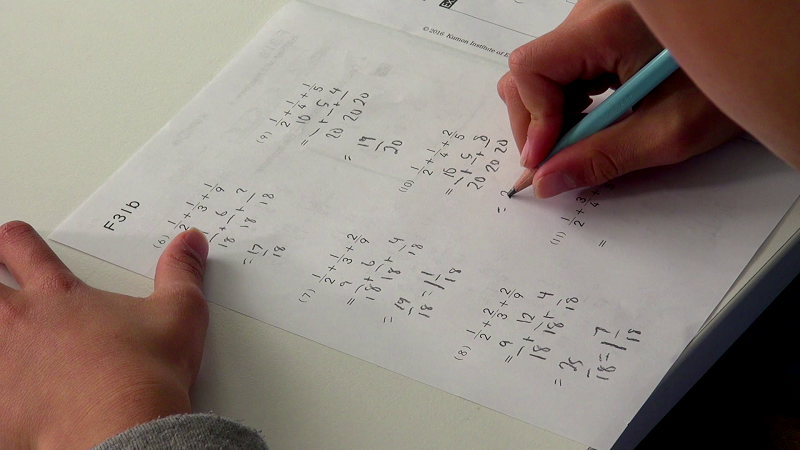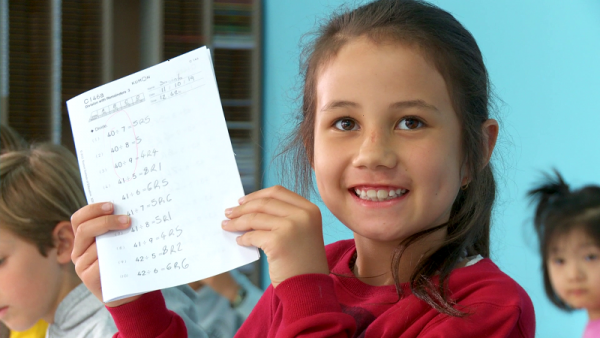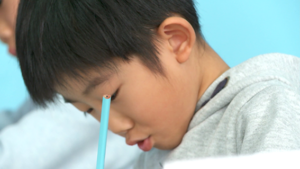Self-learning: an invaluable ability for children
If your children enjoy learning on their own, it means that they have confidence in their skills and are able to take on new challenges. In Kumon, we identify this as self-learning.
Self-learning is seen as the ability to take in information, process it, retain and understand it without the presence of a teacher.
Kumon develops self-learning through allowing students to study ahead of school grade level when ready. As students advance ahead of school grade level in the Kumon worksheets, they learn for themselves what they are yet to be taught at school. They study the example, draw on previous learning and give it a try. They try, and try again, until they finally get it. Sometimes with a hint from the Instructor.
Self-learning has many benefits for students. In the below article, are five benefits of self-learning that may be of interest for readers:

- Children develop better memory retention
Kumon believes that children who learn concepts on their own can better remember and retain knowledge. Based on our decades of experience in supporting children’s learning, when children are encouraged to retrace their steps by correcting mistakes or to evaluate how problems were solved, it is highly likely they will retain, in their long-term memory, the specific steps towards solving a problem.

- Children take responsibility for their own learning
When children learn something on their own, they gain a sense of ownership for their work. They come to understand the link between the effort that they put in, and what they are able to achieve. Through this process, they develop a sense of responsibility towards their learning.

- Children begin to develop a strong work ethic
As children develop a sense of ownership for their learning, they take responsibility for important tasks such as double-checking their work and correcting errors. They also come to appreciate the importance of developing a daily study habit. They come to know their limitations, and when it is necessary to ask for help. As children consolidate these skills, a solid work ethic evolves.

- Children grow more confident as they self-learn
As children grow more confident by overcoming challenges, they will feel ready to tackle further challenges. Children who self-learn are less inclined to give up at the first hurdle. They try and try again until they get the answer right.

- Children start to go beyond their comfort zone.
As self-learning ability develops, children will develop a mindset that no problem is too difficult to attempt. They will not be afraid to learn new things. Furthermore, they may exhibit an interest in taking on new experiences and challenges – things they are yet to encounter. With this mindset, their opportunities will widen.
These are only five benefits of self-learning for children. There are many further benefits. Equipped with the skill of self-learning, children can pursue their own potential at school … and in life.














